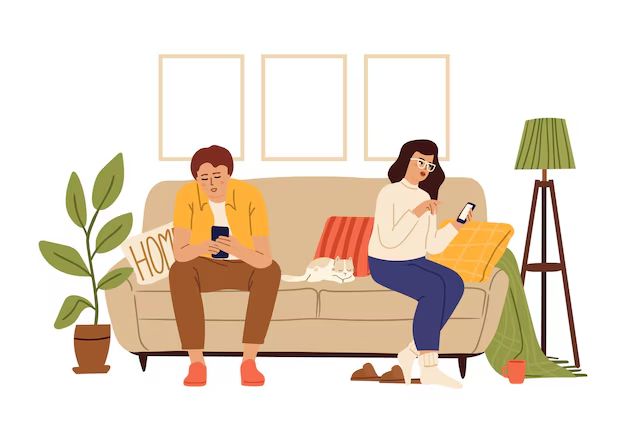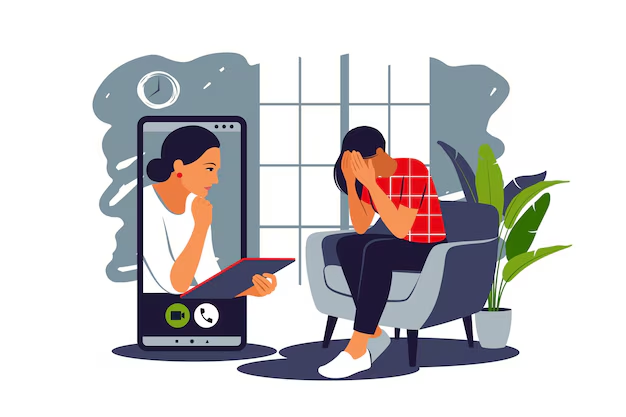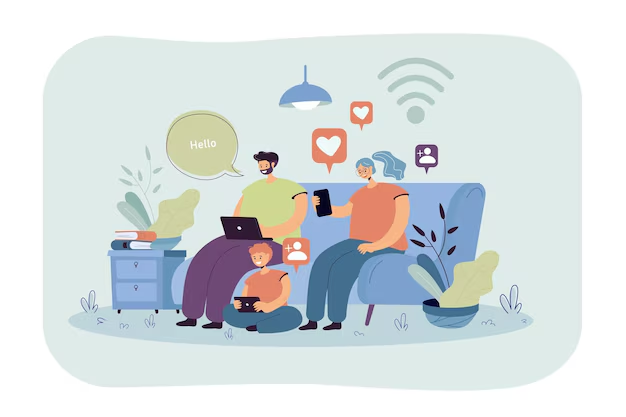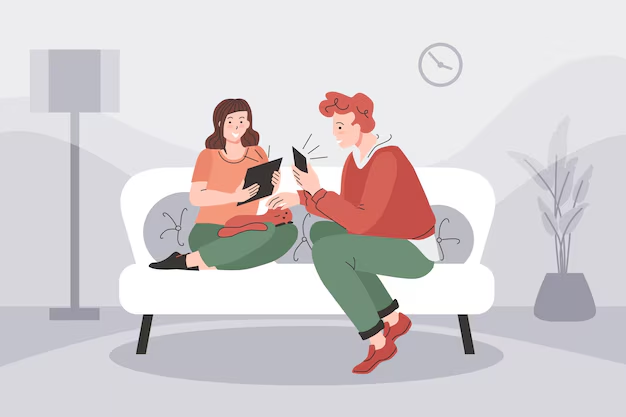A phone can feel like a bridge to connection or a quiet wedge between two people. The same device that sends a tender good-night message can also steal attention during important moments. Every couple tries to balance affection, presence, and digital habits, yet the line between healthy use and overload shifts faster than anyone expects.
How Smartphones Support Healthy Connection
Phones act as emotional amplifiers when used with intention. Communication becomes easier, daily interaction grows richer, and shared content creates small pockets of joy throughout the day.

These moments matter because the mind forms stronger emotional impressions through repeated contact, and BBW escort Dubai fits into this pattern by highlighting how digital platforms affect emotional focus.
Keeping Communication Steady
Short check-ins throughout the day enhance closeness. A quick message, a thoughtful reminder, or a supportive note signals emotional reliability. This steady rhythm of contact builds trust, especially for partners with busy schedules or long distances between them.
Shared Moments Through Media
- Photos, playlists, memes, or voice notes add layers to the relationship.
- A partner becomes part of daily discoveries, jokes, and moods.
- These exchanges create a small shared world that feels private and meaningful, even during periods of physical separation.
Emotional Accessibility
Some people express emotions more freely in writing. Phones help them share vulnerability without pressure. Honest conversations often unfold through text or voice messages, which gives partners space to reflect and respond with clarity.
When Phone Use Starts Interfering With the Relationship

Phone habits begin to strain the connection when presence fades. A partner may feel less important than whatever glows on the screen. The shift often happens subtly before turning into tension or distance.
The Distraction Effect
Lack of focus during conversations undermines emotional safety. A partner who senses half-attention may withdraw because that person may believe thoughts or priorities lie elsewhere.
Notifications as Emotional Interruptions
Constant alerts cut through shared time. Even small distractions interrupt the flow of conversation and reduce the sense of togetherness.
Comparison Pressure
Curated posts on social media create silent expectations. A partner may start to feel inadequate or judged by standards no real relationship can match.
Clear Signs of Digital Overload
Digital overload becomes visible through repeated patterns rather than isolated moments.
These signs help partners recognize when a phone begins to overshadow the connection.
- Frequent checking during meaningful moments
- Anxiety when the phone is out of reach
- Slower responses to emotional cues
- Scrolling before acknowledging the partner in the morning
- Arguments about screen habits
- Using the phone to escape difficult conversations.
These behaviors chip away at intimacy and signal that digital habits deserve attention. A relationship thrives on presence, and consistent detours into a screen disrupt the emotional rhythm between two people.
The Emotional Impact of Overuse
Prolonged overuse changes how partners experience each other. Distance grows even when both sit in the same room. Emotional signals become harder to read, and misunderstandings appear more frequently.
Erosion of Intimacy
Less time for eye contact, humor, or warm gestures leads to subtle emotional cooling. Partners slowly lose touch with each other’s moods.
Shift From Shared Attention to Parallel Living
Moments once spent together turn into silent scrolling sessions. Partners live side by side rather than with each other, and this reduces opportunities for connection.
Increased Misinterpretation
Quick messages replace nuanced conversations. Misunderstandings grow when tone, context, or emotion gets lost behind a rushed answer.
Healthy Phone Habits That Strengthen Connection

Small adjustments create a more supportive environment for love. Partners strengthen the relationship when they treat phones as tools rather than companions.
- Establish phone-free zones during meals or bedtime.
- Set clear expectations for screen use during shared time.
- Choose apps that support connection, such as shared calendars or photo albums.
- Agree on limits for social media scrolling.
- Use messaging intentionally instead of reflexively.
These habits help the relationship regain balance. Attention shifts back to the partner, and this reduces friction and increases emotional clarity. Consistency matters more than strict rules.
A Simple Shift Toward Better Connection
A phone can protect closeness or weaken it depending on how consciously it is used. Awareness of digital habits gives couples the chance to stay present, communicate clearly, and nurture a relationship that feels grounded rather than fragmented. Choosing presence over distraction turns everyday moments into opportunities for deeper connection.


